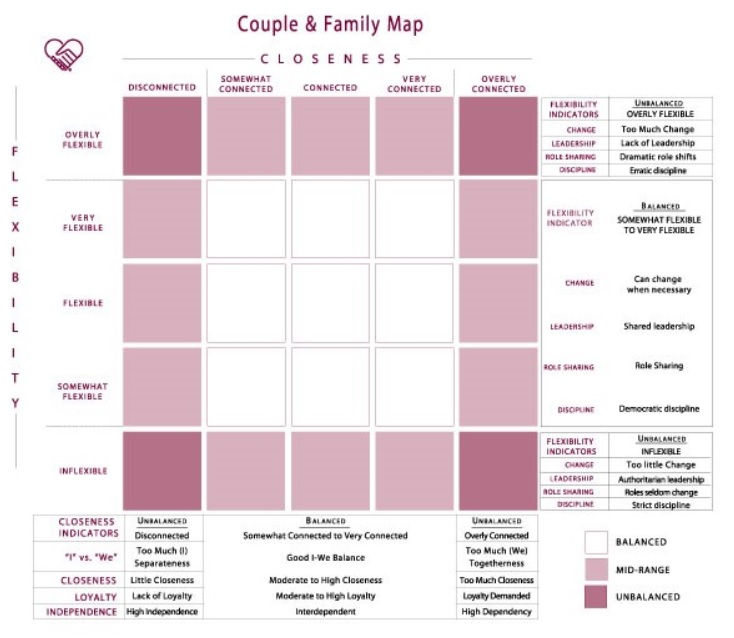Overcoming Procrastination
- rogerlinpsyd
- Jun 20, 2022
- 3 min read
Procrastination is avoiding a task. When you procrastinate, instead of working on an important task, you do something else. If you are a procrastinator, the goal is to stop avoiding tasks and to do the task when you say you are going to do it.
Characteristics of Procrastination
1. Low motivation "I don't feel like it."
You say you want to do something, but when it comes time to do it you don't want to do it. You want to be comfortable instead of doing work. You want to relax instead of exerting physical and mental energy. You want to lay down instead of getting up. Your desires to do something else decreases your motivation to do the task you have to do.
2. Analysis paralysis "I don't know what to do."
You have the freedom to choose anything you want to do. You are flooded with opportunities to do many things. When you try to prioritize and make a decision on what to do, you end up procrastinating because of the sheer volume of options you have to process.
3. Devalue time "I can do it later."
You think you have all the time in the world. You think you have time to do it later, so you procrastinate. But the reality is that time is linear, going forward in one direction. Time is limited and finite. In light of these facts, time is one of the most valuable commodities we have. Every single second counts. Every minute you waste is gone. The realization that time is finite leads people to begin managing their time more intentionally.
4. Lack of self-discipline "I can't do it."
You have difficulty following your own instructions. Even though you are telling yourself to wake up, get up, study, work, and to do this or that, you can't get yourself to do it.
What Procrastination is Not
1. Procrastination is not relaxation.
Relaxing is engaging with an activity that recharges you with energy. Procrastination drains energy from you. You keep thinking about the task you have to do, feel regret for not getting it done earlier, stressed because you have less time to do it, and get frustrated that you haven't completed it yet. When you procrastinate, you are a busy-body doing something to avoid the task you said you were going to do. The opposite of procrastination is: Completing your tasks, and then being able to relax.
2. Procrastination is not laziness.
Procrastinators put off doing things, then rush to do it in the very last moment or when it's past due. Laziness is doing nothing and being okay with it. Procrastinators, actually want to complete their tasks, but can’t get themselves to do it.
3. Procrastination does not help us work better under pressure
A common excuse that procrastinators make is: "I put things off because I work better under pressure". In reality, the opposite is true, putting things off until the very last minute creates more stress which causes mistakes.
How to overcome Procrastination
1.) Know and live your true self
Take the time to introspect and answer these questions:
Who am I?
What do I like to do?
What do I have to do?
What do I want to do?
What are my dreams and hopes?
How do I want to grow?
Understanding who you are and what motivates you will help you to be able to engage with your tasks each day. We become more productive when we live the life we want to live. Develop the habit of organizing your life and planning for your future.
2) Schedule a daily task list.
Plan out your day. Figure out what tasks are priorities that you need to do, and schedule those in first. Then schedule in tasks that are flexible. Also schedule what you want to do in your free time. Scheduling your tasks keeps you focused and so you don't get stuck in analysis paralysis.
3) Build healthy habits.
Battling with yourself every time you have to complete a task is exhausting. Reduce the amount of energy you use by building productive habits in your life. Learning new habits is one of the foundational building blocks of personal growth. Make a list of good habits you want to replace your bad habits with. Train yourself to be consistent.
4) Visual cues
A visual cue like a whiteboard, poster, wall calendar, notebook, post-its, is something you can see, a visual reminder, that prompts you to take action. Visual cues remind you to start the task on time.

Comments